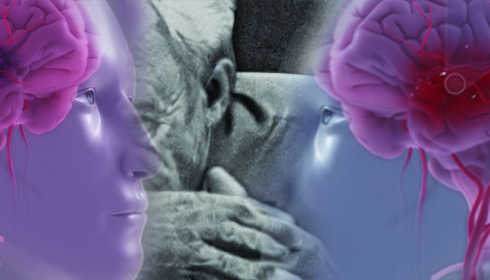
Stroke Survivors Face Significantly Higher Risk of Dementia, Study Finds
Stroke survivors face an 80% greater risk of developing dementia compared to those who have never experienced a stroke, according to a new study published in Neurology. This research sheds light on the long-term cognitive challenges stroke survivors endure and calls for urgent interventions to address this growing concern.
The study, led by Dr. Raed Joundi, an assistant professor of medicine at McMaster University in Canada, revealed that nearly one in five stroke survivors developed dementia over an average follow-up period of six years. This is significantly higher than the 13% of people without a history of stroke who developed dementia during the same timeframe.
Dr. Joundi emphasized that the risk of dementia after a stroke was even greater than the likelihood of experiencing a second stroke. He highlighted the need for more research into preventive measures, noting that much of the current focus remains on reducing the risk of recurrent strokes. The findings underscore the critical importance of addressing the underlying mechanisms linking stroke to dementia.
For the study, researchers analyzed data from nearly 175,000 stroke survivors in Ontario, Canada, and matched them with an equal number of individuals without a history of stroke. The participants, with an average age of 69, were monitored to determine the development of dementia over time.
The results revealed that stroke survivors had a markedly higher risk of dementia, even after accounting for other factors such as age, gender, high blood pressure, and diabetes. The risk was particularly pronounced immediately following a stroke, with survivors being 2.5 times more likely to develop dementia within the first year. Although the risk declined over time, it remained significantly elevated, with a 50% increase after five years and a 30% increase two decades later.
Dr. Joundi highlighted the global implications of these findings, noting that as dementia rates rise and more individuals survive strokes, understanding how strokes contribute to cognitive decline is becoming increasingly important. The study calls for a shift in focus to include strategies that not only prevent recurrent strokes but also reduce the risk of dementia, offering hope for improved long-term outcomes for stroke survivors.